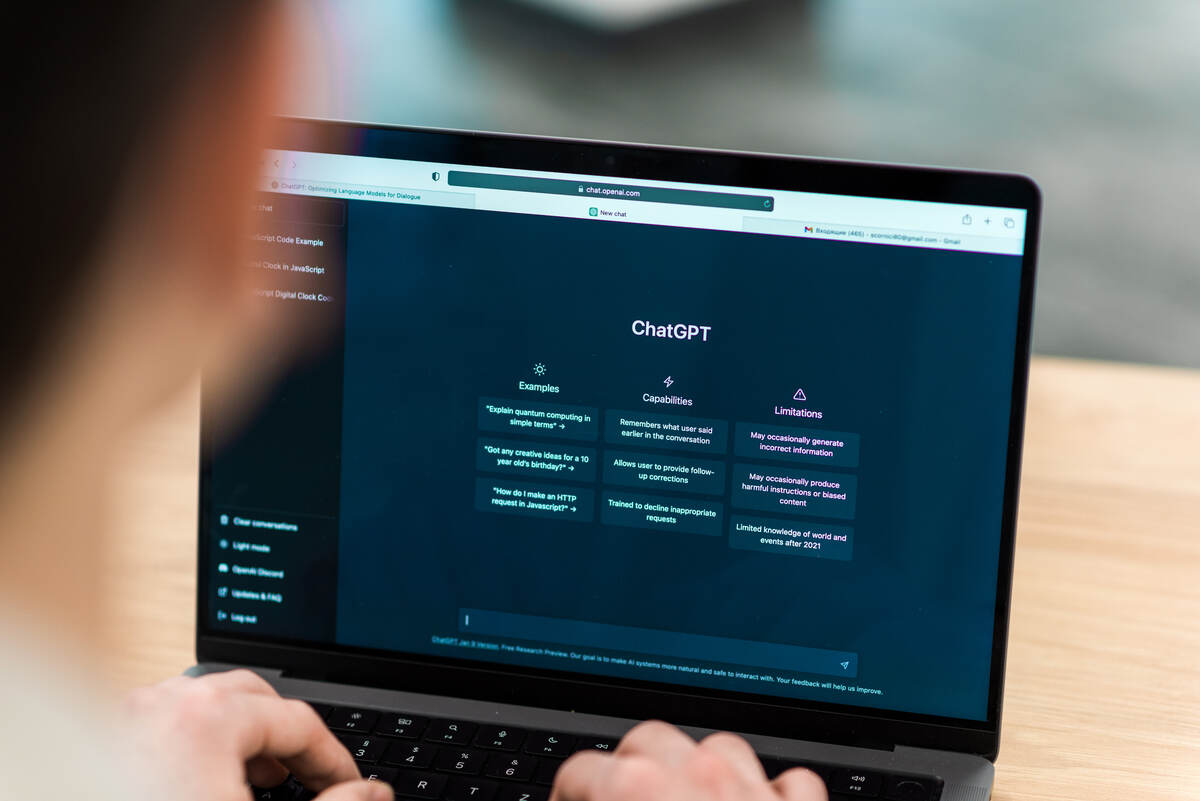In today’s fast-paced business landscape, integrating artificial intelligence (AI) into venture resource planning (ERP) systems has become a pivotal strategy for enhancing efficiency and user experience. At the forefront of this innovation lies the ERP AI chatbot—a sophisticated tool designed to streamline operations and empower users through natural language processing (NLP) capabilities.
Understanding ERP AI Chatbots
An ERP AI chatbot is a virtual assistant embedded within an ERP system. It leverages AI and NLP to interpret user queries and provide prompt, accurate responses. Unlike traditional ERP interfaces, which often require navigating complex menus and executing specific commands, AI chatbots offer a conversational interface. This accessibility transforms how employees interact with ERP systems, making tasks such as data retrieval and task automation more intuitive and less time-consuming.
How AI Enhances ERP Functionality
AI extends beyond basic chatbot functionalities, enhancing ERP systems across multiple domains:
Fraud Detection and Risk Management
AI algorithms detect anomalous patterns within ERP data, bolstering security measures and mitigating financial risks. Whether in finance or cybersecurity, AI-powered ERP systems can swiftly identify potential threats and preemptively safeguard organizational assets.
Supply Chain Optimization
By inspecting historical data and external factors, AI optimizes supply chain operations by predicting disruptions, optimizing delivery routes, and managing inventory levels. This proactive approach not only enhances operational efficiency but also minimizes costs associated with logistics and inventory management.
Customer Support Automation
ERP AI chatbots streamline customer interactions by autonomously addressing routine inquiries and providing personalized assistance. By analyzing customer feedback and sentiment, these chatbots improve service quality and overall customer satisfaction.
Process Automation
AI-driven automation within ERP systems alleviates employees from repetitive tasks similar to data entry, report generation, and invoice processing. This automation reduces human error and accelerates workflow processes, allowing personnel to focus on strategic initiatives rather than mundane operational tasks.
Sales Forecasting
Through AI-powered analytics, ERP systems can precisely forecast sales trends by analyzing market data, historical sales performance, and consumer behavior. This predictive capability empowers organizations to optimize resource allocation, set realistic sales targets, and capitalize on emerging market opportunities.
Benefits of AI Integration in ERP Systems
The integration of AI into ERP systems yields substantial benefits that significantly elevate organizational performance:
Enhanced User Experience and Productivity
AI chatbots simplify ERP navigation by offering a user-friendly interface that enhances accessibility and efficiency. By enabling employees to access information and execute tasks swiftly through natural language interactions, productivity levels are bolstered while minimizing user frustration associated with complex ERP interfaces.
Data-Driven Decision-Making
AI algorithms analyze vast datasets within ERP systems to uncover actionable insights and trends. By transforming raw data into valuable intelligence, decision-makers understand operational dynamics comprehensively, facilitating informed strategic decisions and adaptive business strategies.
Improved Accuracy and Efficiency
AI automation of repetitive tasks mitigates errors inherent in manual processes, enhancing data accuracy and operational efficiency. This streamlined approach accelerates workflow cycles and optimizes resource utilization, driving cost efficiencies across organizational functions.
Developing an ERP AI Chatbot with n8n
Consider building enhancements within a popular open-source ERP AI Chatbot platform like Odoo to exemplify AI integration in ERP. Automating tasks such as summarizing sales inquiries and creating chatbots for query resolution demonstrates the practical application of AI in enhancing operational agility and responsiveness.
AI Chatbots for ERP Architectural Insights
Implementing AI chatbots within ERP systems involves a robust architectural framework that ensures security and efficiency:
The architecture of AI-powered ERP Assistants
AI chatbot integration follows a secure architecture that protects sensitive data while optimizing user interactions. Users interact through web chat or Slack channels, transmitting queries to cloud-hosted bot connectors. These connectors, in turn, interface with on-premise bot logic, which processes requests and interacts with ERP backend systems and NLP engines. This setup ensures that sensitive data remains encrypted and secure within the organization’s firewall while AI capabilities enhance user interactions seamlessly.
SAP CAI NLP Integration
An example of this architecture can be seen in SAP’s Conversational AI (CAI) integration, where NLP engines decode user intents from queries, enabling ERP AI chatbots to respond intelligently and effectively. This integration enhances user experience by providing rapid responses and ensures that data confidentiality and integrity are maintained throughout the interaction process.
Business Advantages of ERP AI Chatbots
The strategic implementation of AI chatbots within ERP systems unlocks numerous business advantages:
Effective Issue Resolution
AI chatbots excel at addressing diverse user queries, from routine FAQs to troubleshooting complex issues and guiding users through step-by-step processes. This capability reduces dependency on human intervention for issue resolution, enhancing operational efficiency and minimizing errors.
Process Automation
AI-powered ERP assistants streamline operations and accelerate business processes by automating repetitive tasks like report generation, data entry, and approval workflows. This automation frees up human resources for more strategic initiatives and ensures consistent and error-free execution of routine tasks.
Data Insights and Decision Support
AI’s ability to analyze vast datasets enables ERP systems to derive actionable insights and predictive analytics. By uncovering hidden patterns and trends within ERP data, AI authorizes decision-makers to make informed choices, optimize resource allocation, and anticipate market dynamics more confidently.
Personalized User Experience
ERP AI chatbots leverage machine learning to personalize user interactions based on historical data and user preferences. By understanding context and user intent, these chatbots offer tailored responses and recommendations, enhancing user satisfaction and engagement with ERP systems.
Proactive Alerting and Notification
AI-enhanced ERP systems enable proactive alerting and notification capabilities, alerting users to real-time critical events such as machine breakdowns or inventory shortages. This proactive approach ensures timely response and mitigation of operational disruptions, minimizing downtime and optimizing resource utilization.
Strategies for Successful ERP AI Chatbot Implementation
Successful implementation of ERP AI chatbots requires a structured approach and adherence to best practices:
Clearly Defined Goals
Begin by clearly defining the objectives and expected outcomes of integrating AI chatbots within ERP systems. Establishing clear goals helps align AI initiatives with business objectives, whether it’s automating tasks, enhancing user experience, or improving data analytics.
Selecting the Right AI Platform
Choose an AI plan that aligns with the organization’s ERP environment and technological stack. Platforms like Dialogflow, Microsoft Bot Framework, or custom development with Python and NLP libraries ensure seamless integration and scalability of AI capabilities within ERP systems.
Designing Conversational Flows
Identify common user queries and scenarios to develop intuitive conversational flows and dialogues for AI chatbots. Incorporate natural language understanding (NLU) components to enhance the chatbot’s ability to accurately interpret user intent and context, ensuring a smooth user experience.
Deployment and Monitoring
Deploy AI chatbots within ERP systems and continuously monitor their performance and user interactions. Refine chatbot responses based on real-time feedback and usage patterns to optimize functionality and enhance user satisfaction over time.
Conclusion
ERP AI chatbots represent a transformative innovation within enterprise software, redefining how organizations harness technology to streamline operations and drive competitive advantage. By leveraging AI’s cognitive capabilities, businesses can optimize resource utilization, enhance decision-making processes, and foster a culture of operational excellence. Embracing AI integration within ERP systems isn’t just a technological upgrade—it’s a strategic imperative for organizations looking to thrive in today’s digital economy.









